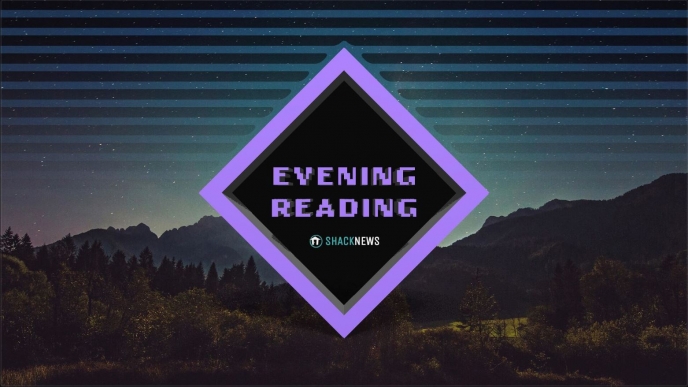
During a recent episode of the No Funny Sh*t podcast, rapper Juelz Santana sparked debate by asserting that children should prioritize financial literacy over traditional reading skills. His comments have ignited discussions about the value of reading in education and the skills necessary for success in today’s world.
Santana argued that by the time students reach ninth grade, they should focus on learning how to start businesses rather than mastering reading. He stated, “By the time they get to ninth grade they should be learning how to start businesses. But they don’t really need to learn how to read.” This perspective challenges conventional views on education, particularly the importance of literacy.
When prompted to choose between math and reading, Santana firmly sided with mathematics. He expressed, “Math. You could listen to a book on YouTube. You can still obtain the information. You don’t have to know how to read.” His comments reflect a belief that practical knowledge and common sense are more valuable than academic skills, stating, “I believe common sense is better than everything.”
Santana’s remarks continued to provoke thought as he declared himself a “common sense n***a,” emphasizing that he would rather possess street smarts than academic knowledge. He shared that the last book he read was Robert Greene’s The 48 Laws of Power, suggesting that he values experiential learning over traditional education.
Co-host Kenny “KP” Supreme challenged Santana’s views, arguing that reading is crucial for understanding contracts. In response, Santana dismissed this concern, asserting, “Reading is just when people want to embarrass you… or, ‘You can’t read your contract.’ Anyone who said you can’t read your contract, they didn’t read their contract.” He maintained that those who genuinely engage with their contracts often seek legal counsel rather than relying on their reading skills.
Santana’s controversial views on education are not new. Earlier this year, he addressed the ongoing feud between fellow rappers Cam’ron and Jim Jones, stating, “Nobody wins when the family feuds.” His comments highlight his stance on unity and the importance of resolving conflicts within the community.
The discourse surrounding Santana’s remarks underscores a broader conversation about the role of traditional literacy in an increasingly digital world. As technology continues to evolve, the methods through which individuals acquire knowledge are also changing. Santana’s perspective invites reflection on how education can adapt to meet the needs of future generations.
As discussions continue regarding the balance between traditional education and practical skills, Santana’s bold statements serve as a reminder that varied approaches to learning can coexist. The implications of these views may influence not only individuals but also educational policies in the years to come.







